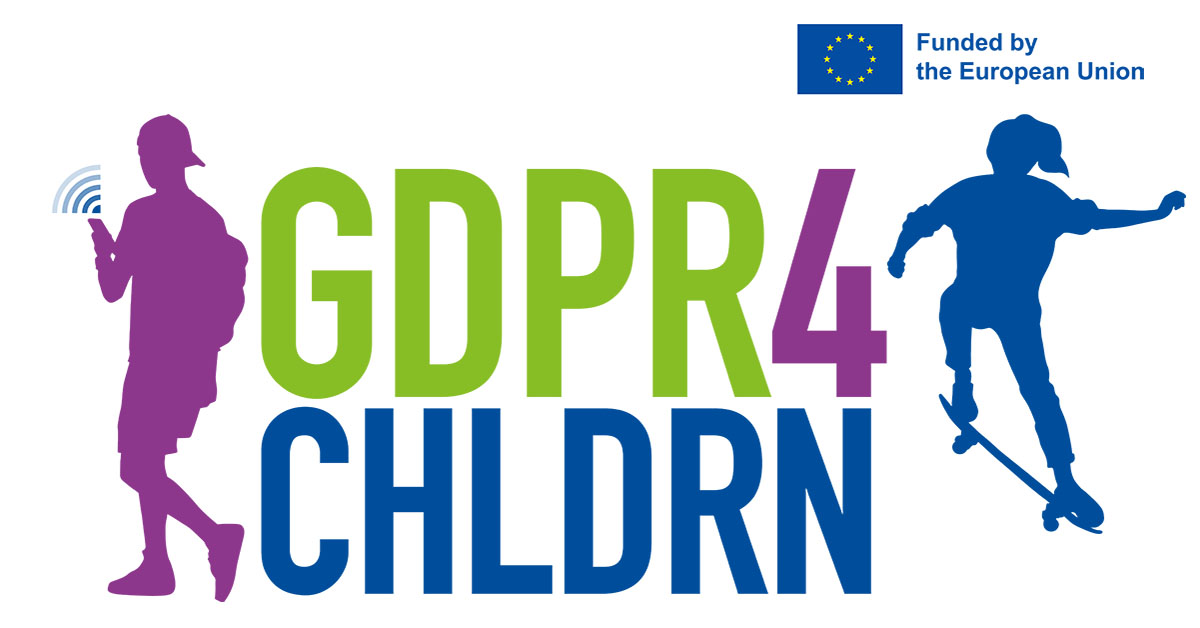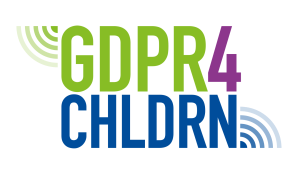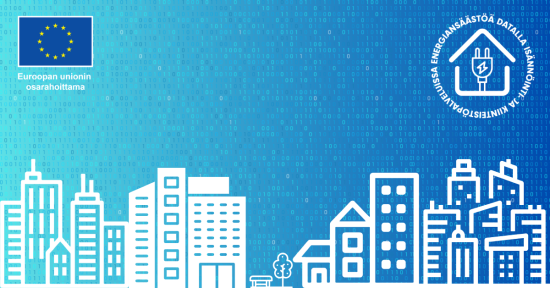Many children and young people participate in the activities of different kinds of clubs and associations in their free time. Clubs and associations process the personal data of children and young people in connection with hobbies and events, which means that they play an important role in the realisation of the protection of personal data of children and young people.
Clubs and associations are not always aware of the importance of data protection and their own obligations. The personal data of children and young people are processed by representatives of financial management, coaches and other volunteers, among others. All of them need clear instructions on how to comply with data protection legislation and apply with in their own activities.
Support materials, workshops and training on data protection
The goal of the GDPR4CHLDRN protect is to help children, young people and parents as well as people actively involved in clubs and associations better understand the processing of personal data and data protection legislation. The aim is to create informative icons that can be used to provide information about data protection to children, young people and their parents in a way that is easy to understand.
In addition, a practical toolkit to support compliance with data protection legislation and its application in everyday hobby activities will be created for clubs and associations in the project. Competence badges that can be used to identify and demonstrate competence related to data protection will also be created for the use of clubs and associations.
GDPR4CHLDRN
- GDPR4CHLDRN is a two-year project that will end in August 2024. The full name of the project is GDPR4CHLDRN: Sports associations and hobby clubs as gatekeepers providing practical tools to ensure children’s data protection.
- The project is funded by the Citizens, Equality, Rights and Values programme of the European Union.
- The project coordinator is the Office of the Data Protection Ombudsman, and its partner in the project is the TIEKE Finnish Information Society Development Centre.
- The key interest groups in the project are the Football Association of Finland, the Finnish Olympic Committee and the Guides and Scouts of Finland.
Further information:
- Office of the Data Protection Ombudsman: Nora Musto, nora.musto@om.fi, tel. +358 (0)29 566 6716
- TIEKE: Mikko Eloholma, mikko.eloholma@tieke.fi, tel. +358 (0)44 491 8296

Funded by the European Union. Views and opinions expressed are however those of the author(s) only and do not necessarily reflect those of the European Union or European Commission. Neither the European Union nor the granting authority can be held responsible for them.











